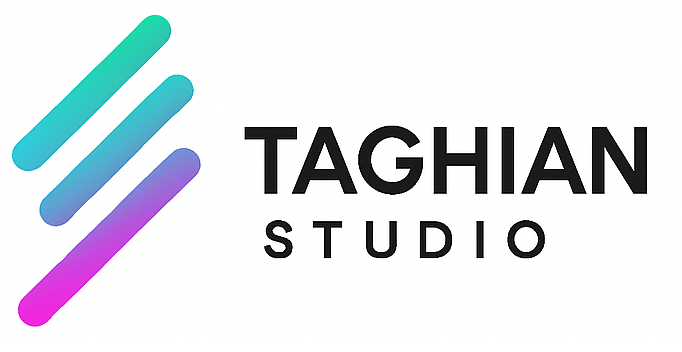Introduction
Social media management is the process of creating, scheduling, analyzing, and engaging with content posted on social media platforms like Instagram, Facebook, Twitter, LinkedIn, and TikTok. Effective social media management helps brands build a strong online presence, connect with their audience, and drive engagement, leads, or sales.
1. Key Responsibilities of a Social Media Manager
1.1 Content Creation
Developing high-quality, engaging content (posts, videos, infographics, stories) tailored to each platform and audience.
1.2 Scheduling and Posting
Using tools like Buffer, Hootsuite, or Later to plan and automate posts, ensuring consistency and optimal posting times.
1.3 Community Engagement
Responding to comments, messages, and mentions, and actively participating in conversations to foster relationships with followers.
1.4 Analytics and Reporting
Tracking performance metrics such as likes, shares, reach, impressions, click-throughs, and conversions. Analytics help optimize strategy and measure ROI.
2. Best Practices for Social Media Management
- Know Your Audience – Create content that resonates with their interests, pain points, and preferences.
- Consistency is Key – Post regularly and maintain a coherent brand voice and aesthetic.
- Use Visuals – High-quality images, videos, and graphics significantly boost engagement.
- Leverage Trends – Stay up-to-date with platform trends, hashtags, and viral content.
- Engage Authentically – Real, human responses build trust and loyalty.
3. Tools and Platforms
- Scheduling & Automation: Buffer, Hootsuite, Later, Sprout Social
- Content Design: Canva, Adobe Creative Cloud, Figma
- Analytics: Google Analytics, Social Blade, native platform insights
- Collaboration: Trello, Asana, Slack
4. Challenges in Social Media Management
- Keeping up with constantly changing algorithms
- Managing negative feedback or crises
- Maintaining creativity while staying consistent
- Measuring ROI accurately
Conclusion
Social media management is both strategic and creative. A strong social media presence can boost brand awareness, audience engagement, and business growth. Success requires planning, creativity, analytics, and continuous adaptation to trends and audience behavior.

